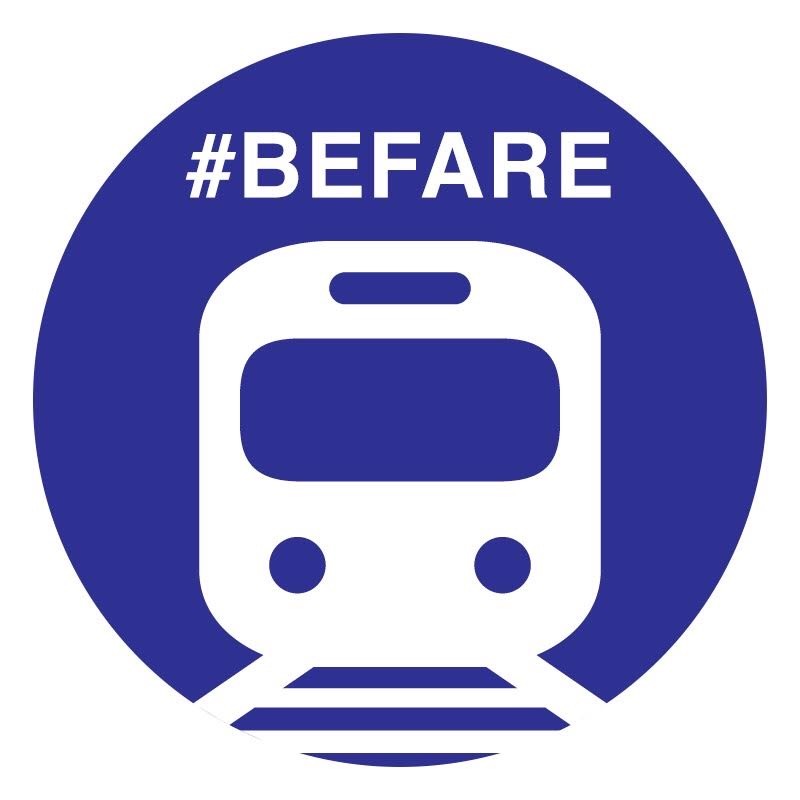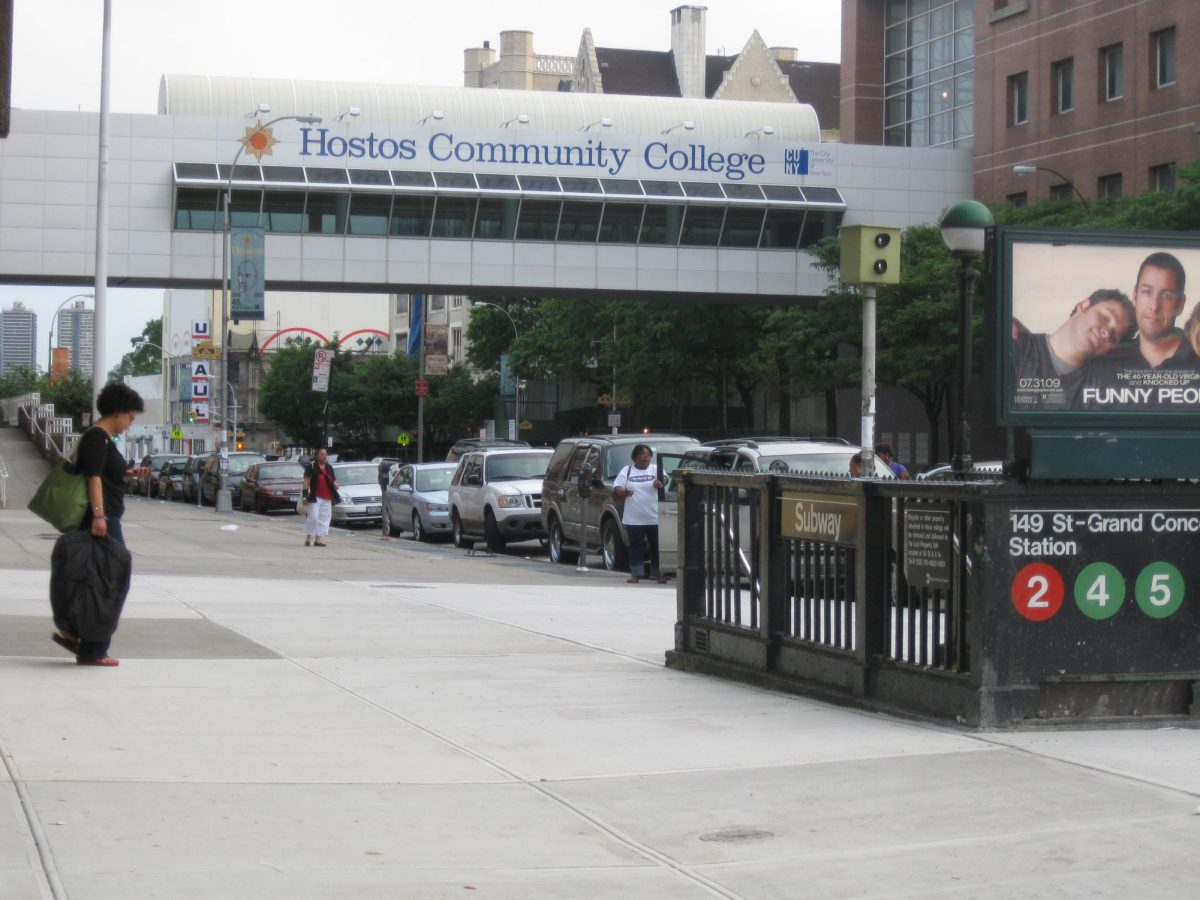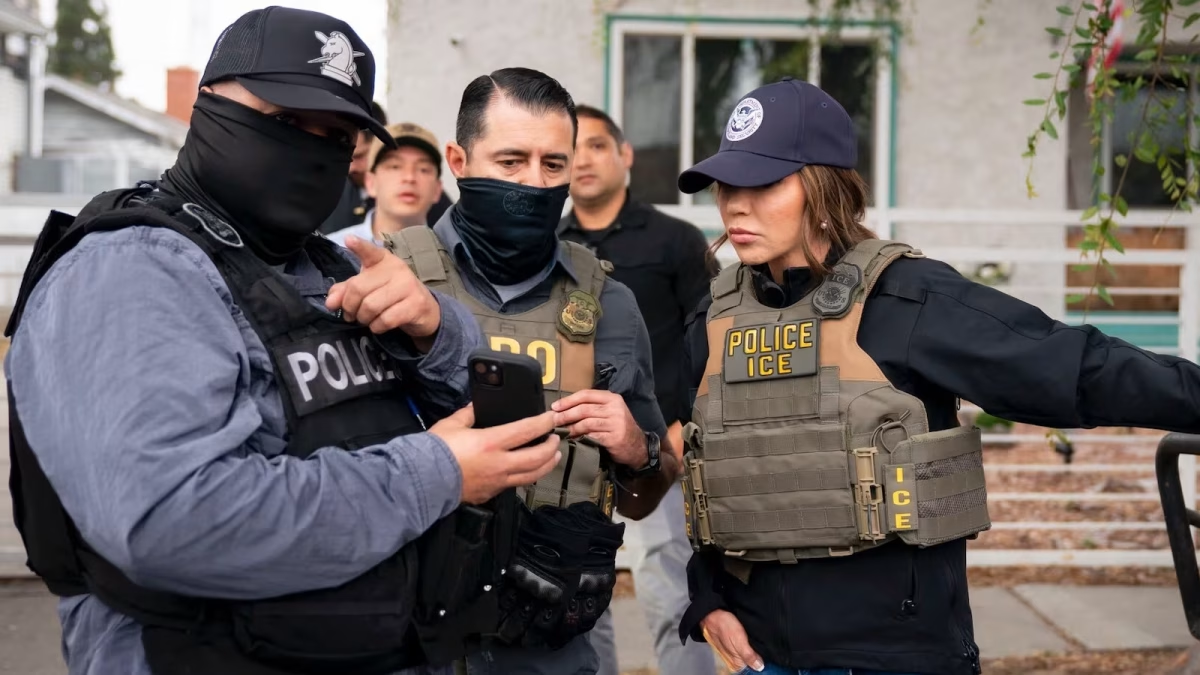Over the past three months, the chair of the Transportation Committee of Baruch College’s Undergraduate Student Government has been meeting with officials from major transit groups to secure a reduced transit fare for CUNY students.
Brandon Santiago started the committee in late December 2018, enticing Baruch students to join in on his advocacy efforts with promises of reduced fare.
One of the initiatives of the committee is to form partnerships with various transit organizations, like the MTA’s Long Island Rail Road. Full-time Baruch students can already get passes that are discounted 25 percent for New Jersey Transit rail and bus lines. Santiago wants to do something similar with the LIRR and the Metro-North
Railroad.
After meeting with LIRR officials, Santiago posted on his Facebook page asking for student input to continue his progress. His post on March 7 read, “Subsequently meeting with LIRR GMs today (they’re Baruch alums), we genuinely believe that a partnership is possible with them! Multiple ideas are on the table and we will resume talks within the next 7-14 days. We are making progress!! However, we NEED YOU! If you commute from Long Island to Baruch and believe this is a genuine issue, send me an email at Brandon.Santiago@USGBaruch.com OR PM me on messenger. For together, we can urge the LIRR to #BeFare and form a sensible partnership with us just as has been done in the past with Stony Brook University among others.”
That same day, Santiago posted about a meeting he had with Art King, the vice president of student affairs and dean of students. Among the things they discussed was the plan for securing a deal with the MTA and ride-sharing service Via. The post indicates that Santiago will use the partnership between Baruch and NJ Transit as a foundation for future partnerships with other organizations.
An unlimited MetroCard costs $121 for a 30-day pass, but once April rolls in, the price will rise by 5 percent to $127 for that same pass.
Santiago started the #BeFare campaign to give students a break from paying exorbitant sums of money for a transit system whose quality has been worsening for years.
But the MTA will face a deficit of almost $1 billion by 2022, The New York Times reported, which is expected to lead to even more delays and interrupted train service.
Santiago, a senior, commutes to school from Long Island and spends close to $500 every month for transportation, he said.
The #BeFare movement will most likely go into effect in the fall, if successful, when Santiago will no longer be at Baruch. “I am graduating, but I still want to help the students,” he said.
“I don’t want the students to pay $500 like I had to pay. If you don’t have a full-time job, it is extremely expensive for students to commute into the city.”
Add to that a tuition hike, and students can really struggle to keep up with payments. The CUNY Board of Trustees passed a resolution that called for a $250 tuition hike last year, prompting immediate backlash from students and advocates because the decision followed after the announcement of the Excelsior scholarship, a campaign for free public college led by Gov. Andrew Cuomo.
The governor’s FY18 Executive Budget Proposal, in which allocations for public college are included, proposed five years of annual $250 tuition hikes. In the proposal, there was no mention of an increase to TAP awards to help with the cost.
“We are a commuter school and I want to make sure the CUNY students, both undergraduate and graduate, don’t have to spend so much money simply to commute to school,” Santiago said in an interview with The Ticker.
But it’s not just rail and transit fares that Santiago wants adjusted for students; Santiago has been in communication with ride-sharing services like Uber, Lyft and Via, pushing for lower fares for CUNY students.
“One way or another, CUNY students WILL have OPTIONS! & will not be forced to take dismal transportation services,” Santiago wrote in a corresponding post about his efforts to get a deal going with Via.
“The movement is certainly making an incredible amount of progress,” Santiago said in an interview.
His committee has been making crucial progress, but he affirmed that the journey ahead is still challenging. “The Long Island will certainly take a while. There is a lot of bureaucracy, so it won’t happen quickly, but there is a lot continuity in the movement.”
Baruch students can participate in the #BeFare movement by joining the committee or keeping up with Santiago’s updates.
Santiago and other USG members have been circulating a poll to gauge how satisfied Baruch students are with their transit options. Interested students can also find more information on the committee’s website — befare.weebly.com.
Additional reporting by Sheron Virani.








